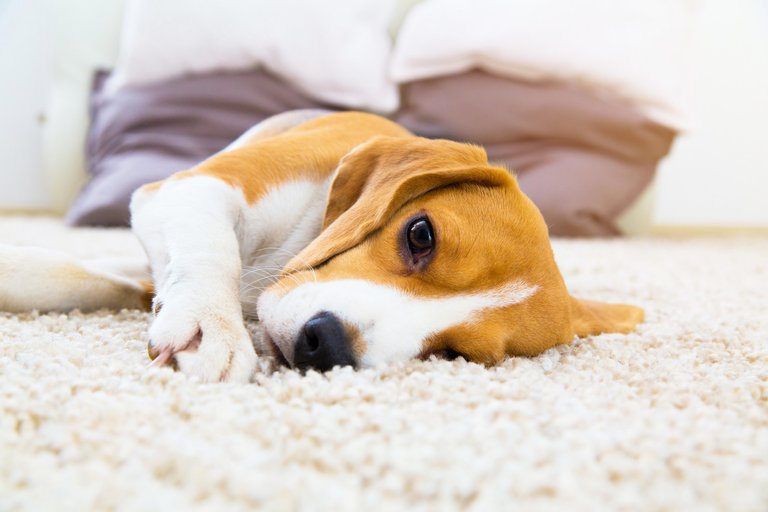
Who doesn't like a cute little puppy? Even if it's only seeing pups on camera, they captivate us and tug at our hearts. However, there are certain problems that you don't frequently see in films when it comes to raising a puppy.
Teaching pups not to pee or defecate indoors and keeping them from eating anything in sight are two of the most difficult elements of puppy parenting. There's even more.
So, put your shoes and slippers away and join me as we go through some important puppy-raising techniques, particularly if you're a first-time dog owner.
My Best Puppy-Raising Suggestions
1. Understand What to Expect During Your Puppy’s First Year
New dog owners may bring home pups without completely understanding what to anticipate from such a young animal. Nonetheless, understanding each stage of growth is beneficial to you and good pet rearing in general.
At seven to eight weeks, the majority of pups find their "forever homes." As your new puppy explores not just your house but the rest of the world, be patient and understanding. Prepare ahead of time by reading.
Before returning home, I also recommend having your pet examined at your local veterinarian facility, especially if you have additional pets.
2. Prepare Your Home and Get Essential Puppy Supplies
When your puppy comes, you'll be too preoccupied to hurry to the shop for things you didn't realize you needed. A quick search on the internet will reveal the things to have on hand for the new arrival.
Anticipate any puppy dangers. Before you realize it, your puppy may be chewing on electrical lines or other potentially harmful items.
- Begin House Training Right Away
Two things to remember if you want your puppy to start peeing and pooping outside:
- Make it uncomfortable to eliminate in the house.
- Take the puppy out frequently.
- Give praise for eliminating.
This process should start at around 12 weeks old and last from four to six months
4. Start Socializing Your Puppy Early On
Teaching your puppy not to bite is a vital part of puppy socialization. Many pups bite reflexively ("nipping" or "mouthing"), particularly when their teeth begin to emerge. You must, however, reroute this inclination.
If you don't want your adult dog's sharp teeth and powerful jaw to attack people, you must prevent mouthing when it occurs. "Ouch!" you say as you pull your hand back sharply. This must be done repeatedly until the puppy realizes that biting is not acceptable.
5. Learn How to Train a Puppy to Go for a Walk
Walking a puppy may appear straightforward to a first-time dog owner – until they try it. Puppies have no idea how to manage their energy or interact with people or other canines. They don't even know what a leash is.
Start Thinking About How to Raise a Dog
I'm talking about rearing an adult dog here. It's time to start preparing your puppy for maturity once they've completed their second year.
Of all, everything you teach and do to raise a puppy is also beneficial to the adult dog. The first year, much like with human kids, develops lifetime habits and behaviors.